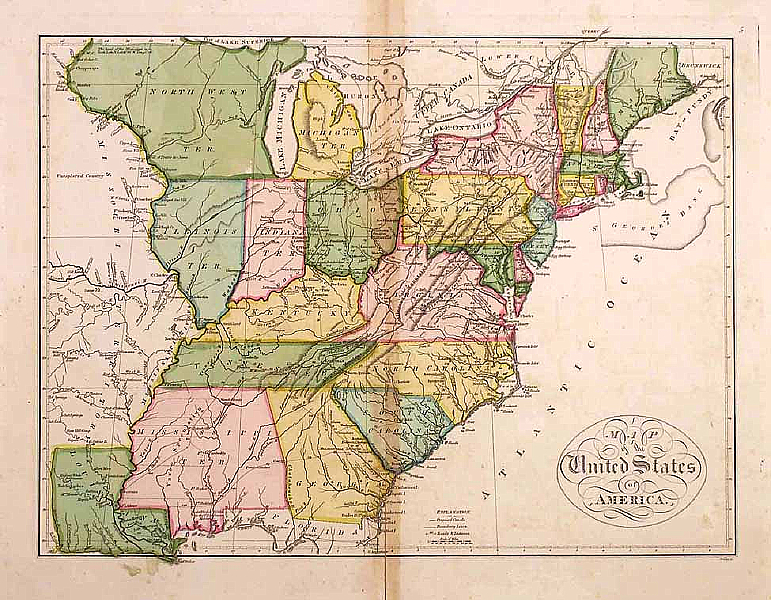

  |
|
|
|
|

STATE TRADEMARK REGISTRATIONS - ARE THEY WORTH IT?
A helpful discussion of the problems with State trademark registrations is given in the respected and widely cited treatise, Trademark Practice and Procedure, by Jerome Gilson. Gilson sets forth:
Approval by the Secretary of State is normally given after a search of the corporation names by a state employee. These searches are occasionally sketchy and, in any event, do not reveal either conflicting names of unincorporated businesses, such as partnerships or sole proprietorships, or federal trademark registrations, any of which could well pose a legal threat to the use of the corporate name. It is thus extremely dangerous to rely solely on name approval by the office of a Secretary of State. . .
Gilson at Volume 1, Chapter 2, §2.15 (2).
In the context of proceedings before the United States Trademark Trial and Appeal Board, it has been held that a state registration, whether or not owned by a party, has very little, if any, probative value in a proceeding before the Board. See
Allstate Insurance Co. v. DeLibro, 6 U.S.P.Q. 2d 1220 (TTAB 1988). The issue is also discussed in the Trademark Trial and Appeal Board Manual of Procedures as follows:Faultless Starch Co. v. Sales Producers Associates, Inc., 530 F.2d 1400, 189 U.S.P.Q. 141 (C.C.P.A. 1976); Kraft, Inc. v. Balin, 209 U.S.P.Q. 877 (TTAB 1981); Plak-Shack, Inc. v. Continental Studios of Georgia, Inc., 204 U.S.P.Q. 242 (TTAB 1979); Stagecoach Properties, Inc. v. Wells Fargo & Co., 199 U.S.P.Q. 341, 356 (TTAB 1978), aff'd, 685 F.2d 302, 216 U.S.P.Q. 480 (9th Cir. 1982); Econo-Travel Motor Hotel Corp. v. Econ-O-Tel of America, Inc., 199 U.S.P.Q. 307 (TTAB 1978); Angelica Corp. v. Collins & Aikman Corp., 192 U.S.P.Q. 387 (TTAB 1976); State Historical Society of Wisconsin v. Ringling Bros.-Barnum & Bailey Combined Shows, Inc., 190 U.S.P.Q. 25 (TTAB 1976); Old Dutch Foods, Inc. v. Old Dutch Country House, Inc., 180 U.S.P.Q. 659 (TTAB 1973); and Philip Morris Inc. v. Liggett & Myers Tobacco Co., 139 U.S.P.Q. 240 (TTAB 1963).However, a state registration (whether owned by a party, or not) is incompetent to establish that the mark shown therein has ever been used, or that the mark is entitled to Federal registration. See, for example,
Trademark Trial and Appeal Board Manual of Procedure (TBMP) § 703.02(a).
State trademark registrations are of relatively little probative value. See, e.g.,
In re Vico Products Mfg. Co., Inc., 229 U.S.P.Q. 364, 370 (TTAB 1985) ("While applicant's design may be registrable under the provisions of California trademark law, it is the federal trademark statute and the cases interpreting it by which we must evaluate the registrability of applicant's asserted mark."); In re Craigmyle, 224 U.S.P.Q. 791, 794 (TTAB 1984).State registrations do not establish trademark use in and of themselves.
Faultless Starch Co. v. Sales Producers Assocs., Inc., 530 F.2d 400, 189 U.S.P.Q. 141 (C.C.P.A. 1976).Gilson also sets forth:
Since enactment of the Lanham Act in 1946, an unmistakable trend toward the exercise of greater federal power has dominated the entire United States system of trademark registration and enforcement. Although state trademark registrations are available, protection under them is limited and they are obtained mainly for interim protection while a federal application is pending or where federal registration is, for some reason, unavailable.
Trademark Practice and Protection, Jerome Gilson, 1998, Vol. 3, Chapter 8, §8.01(3).
State trademark registration rights cannot preempt federal registrations as governed by the Lanham Act, even when the state trademark registration preceded the federal registration.
Burger King of Fla., Inc. v. Brewer, 244 F. Supp. 293, 146 U.S.P.Q. 461 (W.D. Tenn. 1965).Such a conflict arose in the now famous
Burger King of Florida, Inc. v. Hoots, 403 F.2d 904, 156 U.S.P.Q. 706 (7th Cir. 1968). In Burger King, an Illinois state trademark registrant owned the trademark BURGER KING used in connection with a few restaurants located within Illinois. Afterward, Burger King of Florida, Inc., obtained a federal registration for the mark BURGER KING. The Seventh Circuit held that the Illinois trademark owner was limited to its common law territorial trade area and could not preclude Burger King of Florida, Inc., from using the BURGER KING trademark in the entire state of Illinois. See also, Spartan Food Sys. Inc. v. HFS Corp., 813 F.2d 1279, 2 U.S.P.Q. 2d 1063 (4th Cir. 1987).
____________________________________________________________________________________________________
Trademarks ·
Unfair Competition · Trade Secret · Copyright · Anti-counterfeiting and Anti-cyberpiracy · Litigation · Internet Law · Art & Entertainment
![]()
© Copyright 1995, 2020 WHITELAW LEGAL GROUP. All Rights Reserved. Market Intelligence® , The Law of Creativity™, The Law of Innovation™, The Science of Art ® , Business at the Speed of Thought ® , and the design imagery noted ® or ™ are trademarks of
WHITELAW LEGAL GROUP